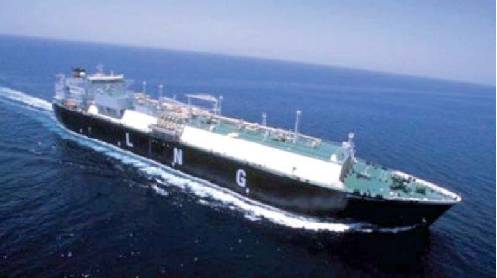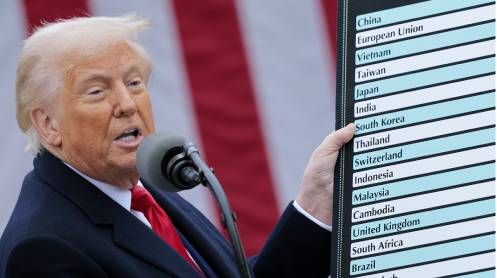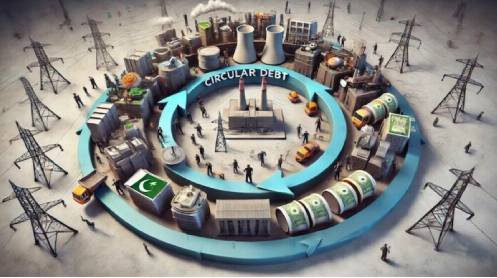Pakistan is seeking financing from Qatar for injection into LNG terminal
ISLAMABAD: The government is set to amend the Oil and Gas Regulatory Authority (Ogra) Act aimed at allowing the operator of Energas Terminal to have monopoly over capacity utilistion in a bid to attract investment of $200 million from Qatar.
At present, the terminal operator is bound to permit the use of liquefied natural gas (LNG) infrastructure to the third party with the consent of Ogra, meaning anybody can qualify for utilising the terminal. Energas Terminal is a QatarEnergy project in which Qatar is poised to acquire 49% shares. Energas has already signed a gas sale-purchase agreement with Qatar for LNG supplies.
According to sources, Qatar had raised the issue with the government of Pakistan and sought full control over the use of LNG terminal capacity without involvement of the regulator or any other government agency. The government has accepted Doha’s demand and decided to propose an amendment to the Ogra Act for exemption from third-party access to the terminal capacity.
It has also planned to immediately place the proposed amendment before parliament for approval. The Energas LNG Terminal project has faced several types of delays including those related to third-party access rules and the allocation of pipeline capacity by the public gas utilities.
In an effort to expedite work on the terminal, Energas offered 49% shares to Qatar to attract foreign investment and remove hurdles by involving foreign investors.
At present, two LNG terminals are operating in Pakistan with a combined handling capacity of over 1.2 billion cubic feet per day. Engro Terminal is functioning at full capacity because of LNG import from Qatar under a long-term contract whereas the second terminal, owned by Pakistan GasPort, has failed to run at full capacity since Pakistan LNG Limited (PLL) has not been able to win long-term contracts.
Private-sector investors have been grappling with hurdles in the way of utilising the second terminal as state-owned gas utilities are reluctant to allow the implementation of third-party rules, which pave the way for LNG import by private parties. As the state-owned companies enjoy a monopoly, not a single LNG ship has been brought to the terminal since 2015, though all regulations including third-party access have been put in place
Pakistan is seeing around 6% net decline in the production of indigenous gas every year. In this backdrop, the reliance on LNG import has increased. Despite that, the second LNG terminal is not running at full capacity. PLL did try to ink long-term LNG contracts in the past but did not receive a satisfactory response.
Energas Terminal has been designed to re-gasify up to 1,000 million cubic feet of LNG per day. It has secured the allocation of pipeline capacity from Sui Southern Gas Company (SSGC) but faced problems in relation to Sui Northern Gas Pipelines Limited. In November 2021, the Competition Commission of Pakistan (CCP) approved QatarEnergy’s bid to acquire a 49% stake in Energas Terminal, which marked Qatar’s first direct investment in Pakistan’s energy market.
The CCP decision came after reviewing the proposed transaction under Section 11 of the Competition Act 2010 and the Competition (Merger Control) Regulations 2016.
Energas is currently owned by Lucky, Sapphire and Halmore business groups. QatarEnergy, formerly Qatar Petroleum, has already entered into LNG supply contracts with Pakistan State Oil.
Energas is one of the two parties, alongside Tabeer Energy – a subsidiary of Mitsubishi Corporation, working with the government of Pakistan to develop additional LNG terminals under a merchant model, unlike the existing government-guaranteed terminals. The Cabinet Committee on Energy has approved the allocation of pipeline capacity for these terminals to support their installation.
Qatar is also interested in acquiring LNG-based power plants in Pakistan. Previous governments had exempted these plants from the guaranteed offtake of gas as Doha wanted to supply LNG to the plants from its own sources.
Story by Zafar Bhutta





